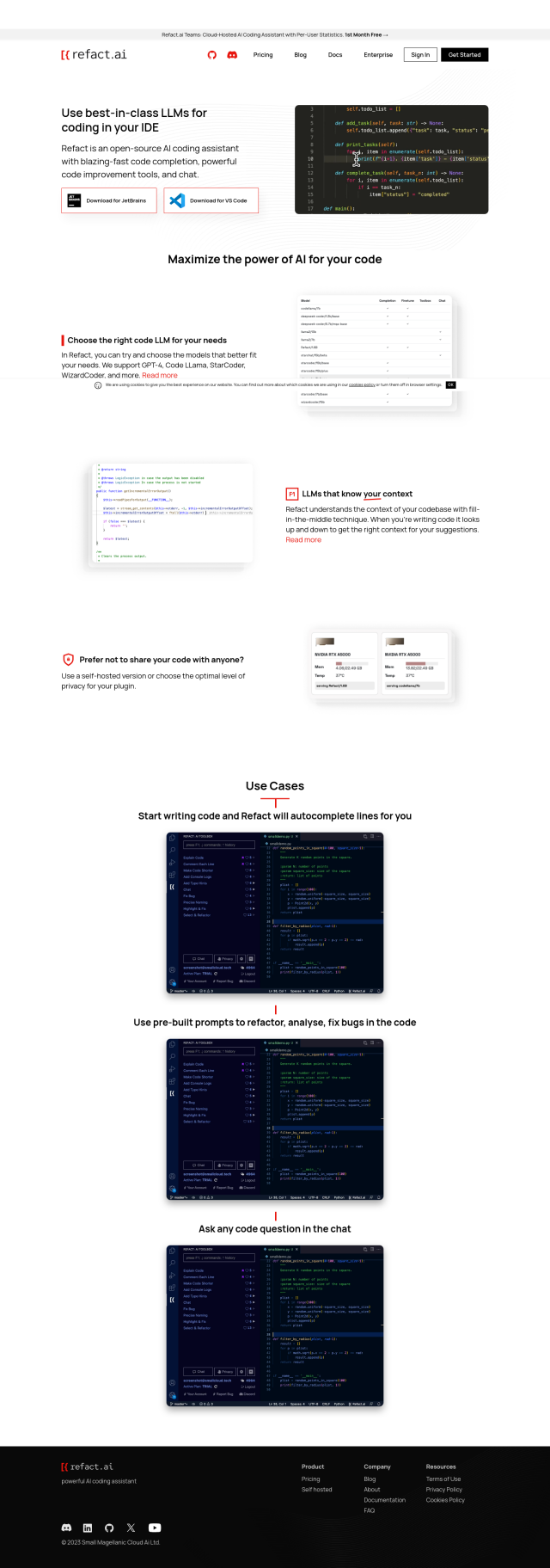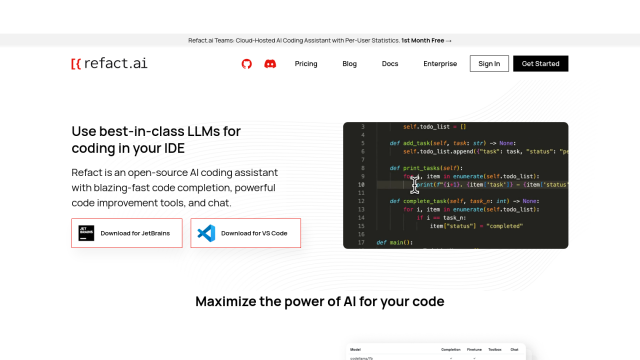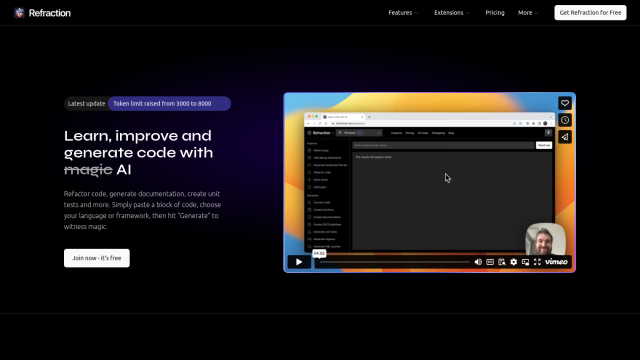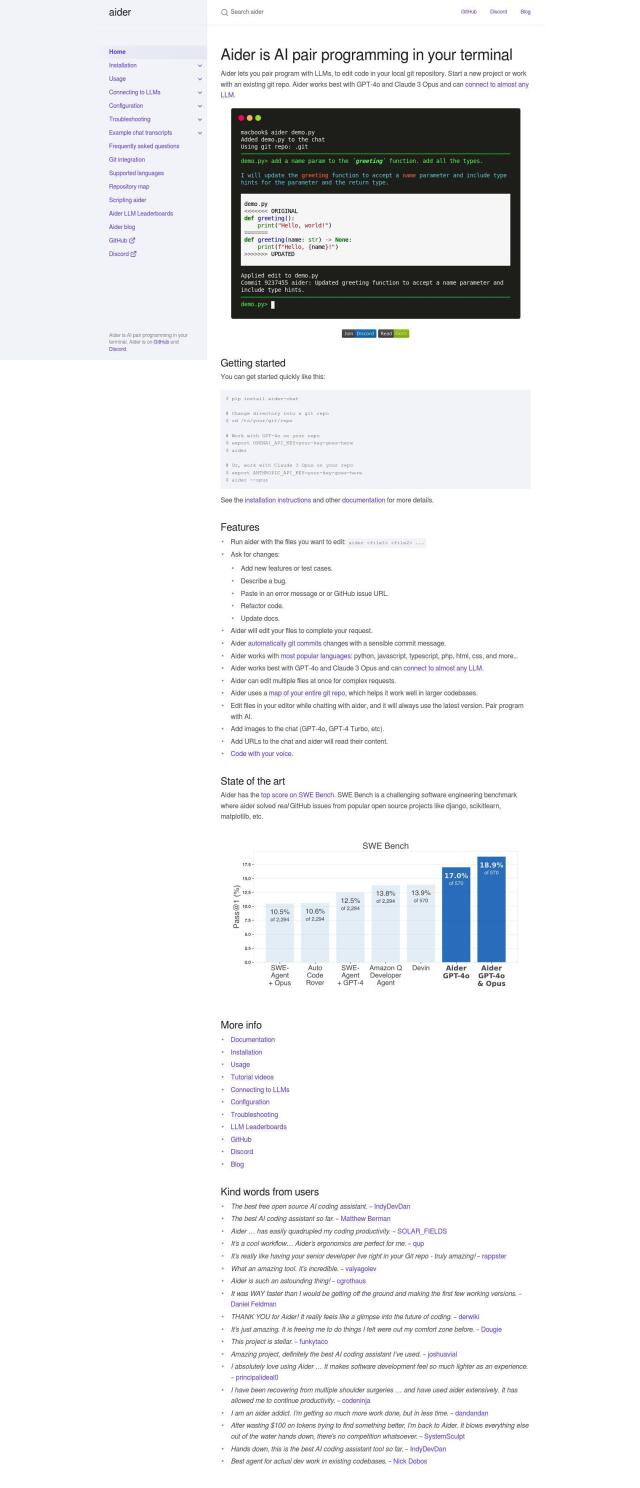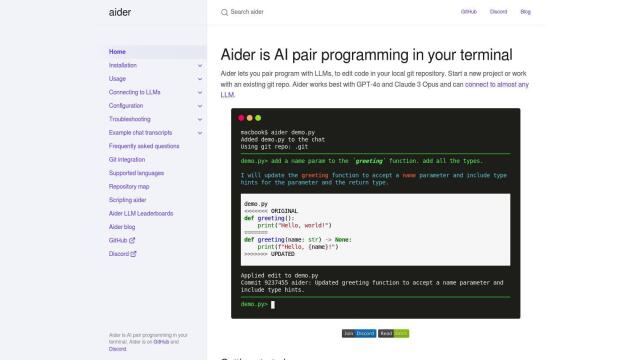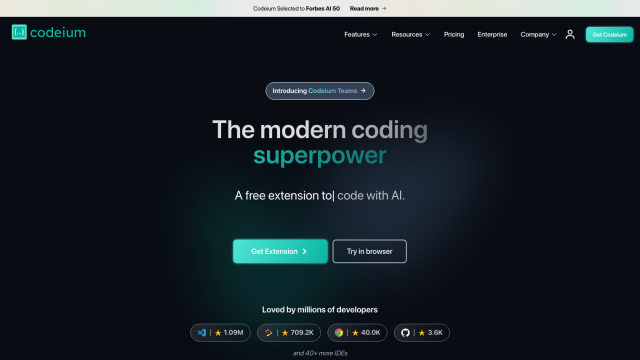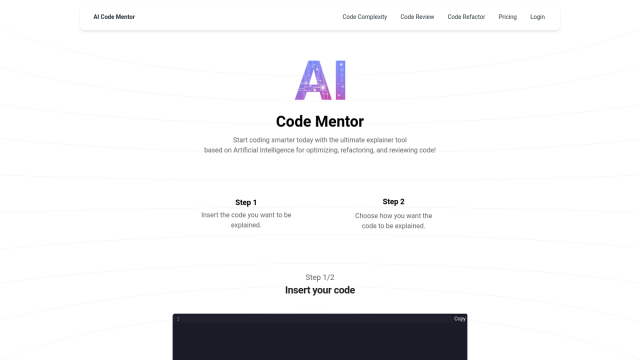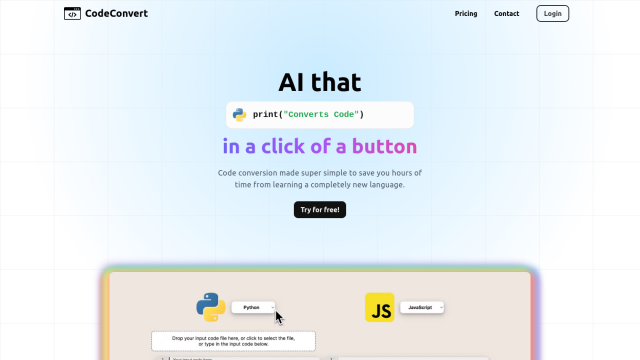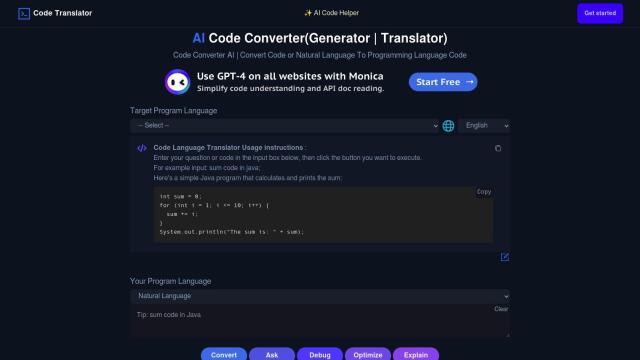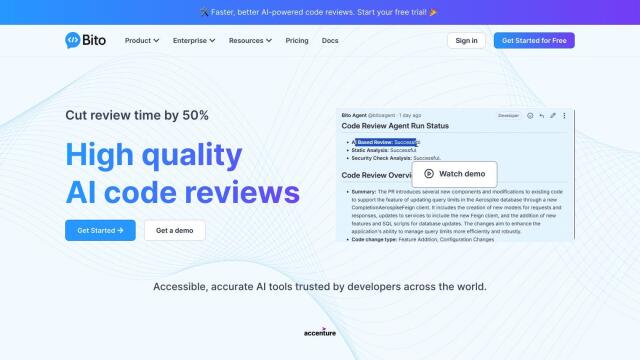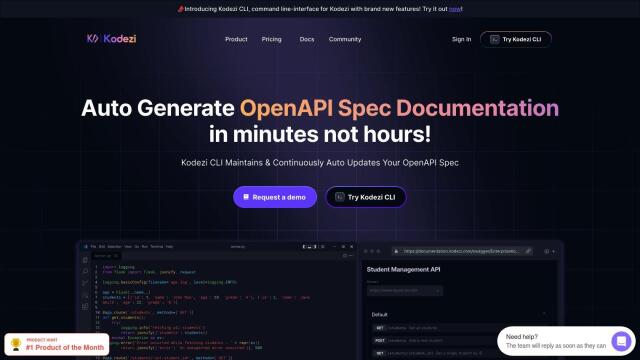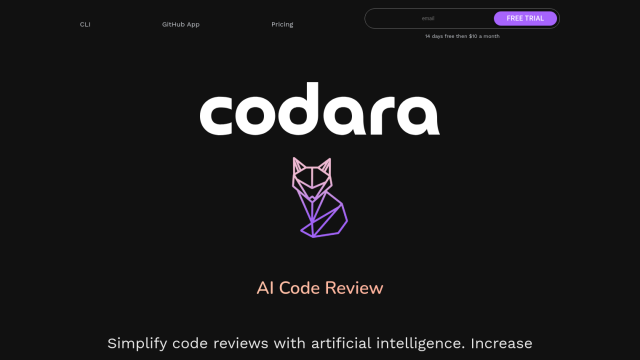Question: Is there a tool that can help me refactor legacy code without requiring a complete code freeze during the conversion process?

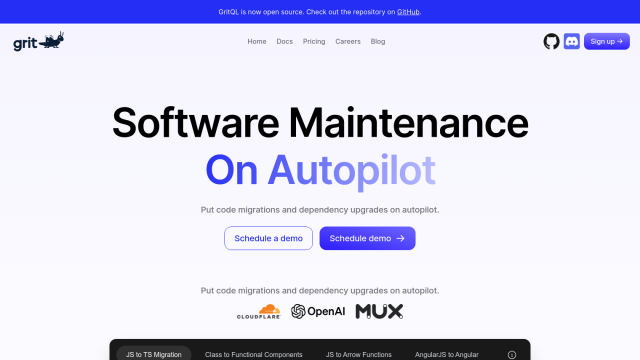
Grit
If you need a tool to refactor your legacy code without putting the whole codebase on ice, Grit is a great choice. It uses machine learning and static analysis to clean up code and migrate frameworks, supporting 12 programming languages. Grit can refactor code automatically, set up custom patterns and integrate with GitHub, VS Code and the command line. It's geared for high-velocity teams that want to minimize maintenance time and maximize developer velocity.


Sweep
Another option is Sweep, an AI code assistant that converts GitHub issues into pull requests, automating tasks such as testing, documentation and refactoring. Sweeper can split large functions into smaller modules, write unit tests and offer quick feedback while adhering to coding standards. It integrates with static analysis and offers several pricing levels, so it can be used to maintain legacy codebases and optimize development workflows to improve code quality overall.

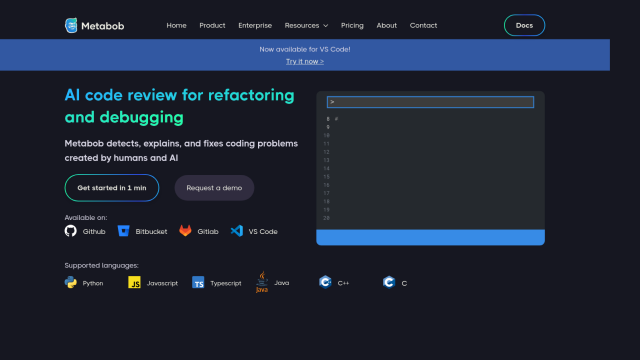
Metabob
Metabob uses AI and graph-attention networks to help with code review, refactoring and debugging to help improve software security and quality. It can find and fix complex coding problems across codebases and offers features like AI code review, software security scanning and self-hosted deployment. Metabob can help with legacy code maintenance and can be integrated with common development tools.

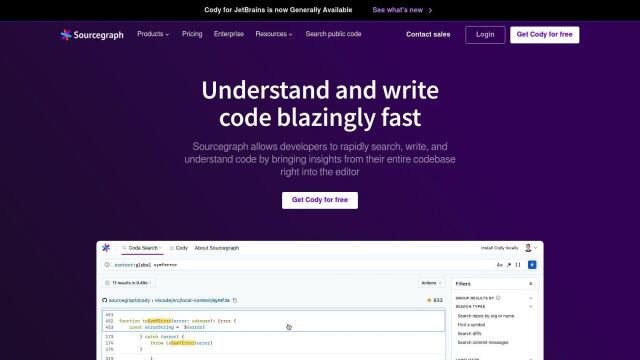
Sourcegraph
For a wider range of code intelligence tools, Sourcegraph offers an AI-powered coding assistant, Code Search, Batch Changes and Code Insights. It helps developers understand and navigate large codebases better, with features like cross-repository code navigation and automated large-scale code changes. Sourcegraph supports multiple programming languages and integrates with common IDEs, and can be deployed in the cloud or self-hosted, so it's a good option for maintaining and improving legacy code.
